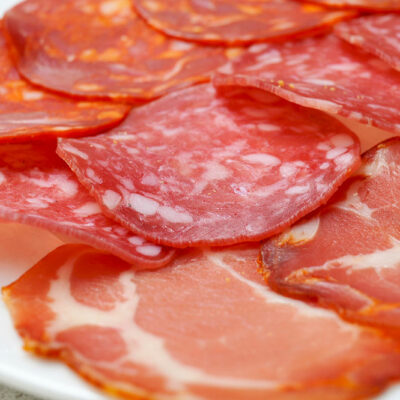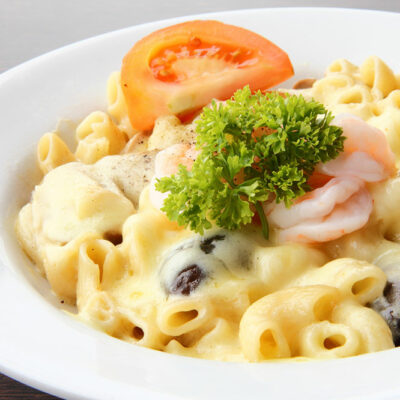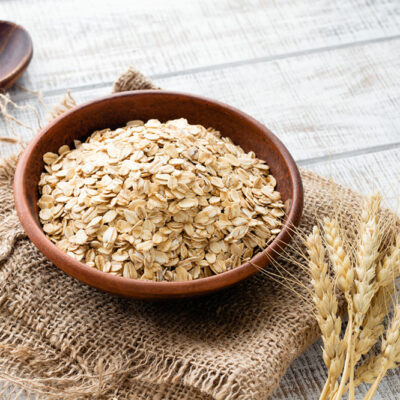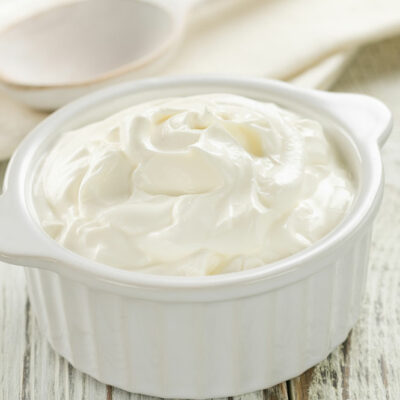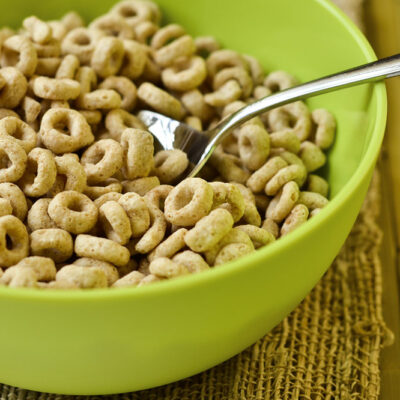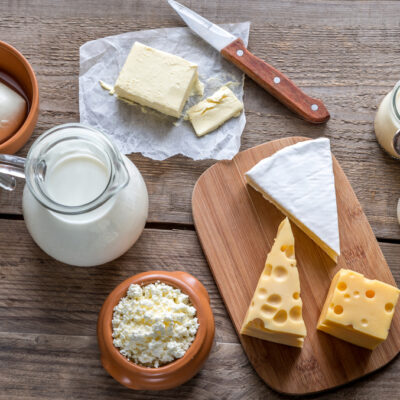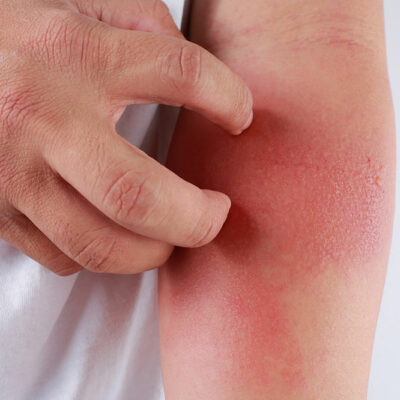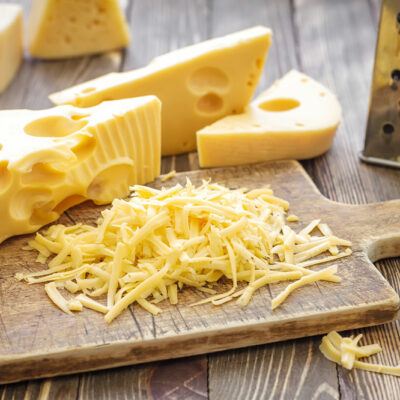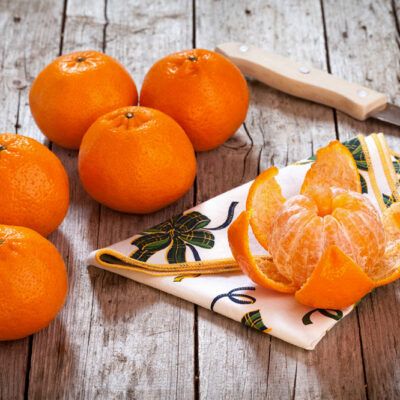
Nutrition
6 Worst Foods for Eczema and Itchy Skin
Your diet might not cause eczema, but what you eat can definitely trigger the symptoms. The signs can become significantly worse if you eat foods that you are sensitive or allergic to. Hence, it is important to eliminate these foods from your diet to manage the condition better. So, here are the worst foods for eczema and itchy skin. 1. Dairy products Dairy products such as yogurt, cheese, butter, and cow milk are commonly associated with allergies in eczema patients. In addition to this, dairy products can harm the gastrointestinal tract lining. When there is damage to this lining, tiny holes are made, letting bigger particles of food enter inside the body. This can cause sensitivities and an allergic reaction. Among all the dairy products, the worst food is yogurt. It has added sugar, flavors, and natural colors, which can flare-up the symptoms of eczema. 2. Grapes It is recommended for eczema patients to avoid grapes or any products made from grapes, such as grape juice, raisins, or wines. Grapes contain three chemicals, including amines, salicylates, and MSG, known to promote itch. Salicylates, which are natural pesticides, are made from vegetables and fruits and can be found in some herbal medicines, aspirin, teething gel for babies, and perfumes.
Read More 